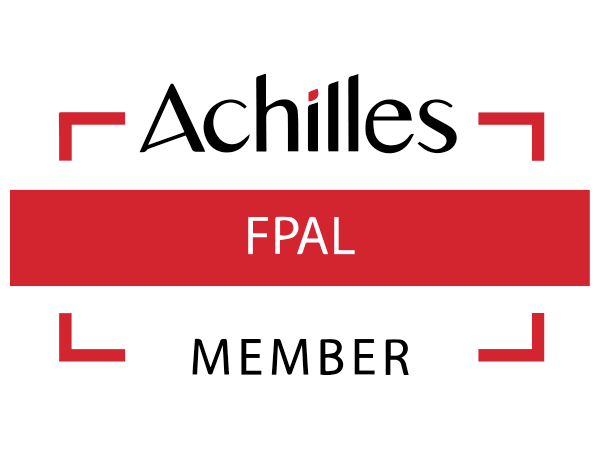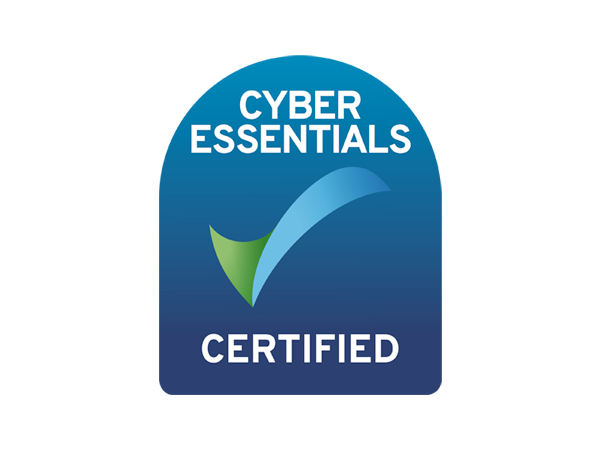Course Description:
Quite often, non-technical staff constitute the majority in the petroleum industry workforce. In order to facilitate their working relationship with the technical staff, it is important to acquaint such non-technical staff with appreciable understanding of the technical staffs’ functions and roles.
This course is one of our technical for-non-technical staff development courses. Attendees at this course will come across most of the relevant terminologies that are used in oil & gas operations. They will also improve on their knowledge and improve good working relations between these two categories of staff.
The course also enables the non-technical staff to appreciate their roles as key and complementary to those of the technical staff. Above all, it enhances their career progression within the industry as it provides them with working knowledge of the industry operations.
Visual diagrams and sketches will be extensively employed in addition to video clips in order to bring the real-life situations into the classroom and to explain the various terminologies that will be taught at the program.
What Participants Will Learn?
The following is the overview of what we intend to achieve in this program.
-
- How rocks are formed and deformed, sedimentation, accumulation of hydrocarbons, hydrocarbon storing rock types or reservoirs.
- Geological time and historical geological periods
- Petrophysics and the relationship between rock and characteristics and petroleum production.
- Fundamentals of Drilling for Oil & Gas
- Properties of hydrocarbon fluids particularly the distinction between oil and gas.
- What reserves are and the different types and classed of reserves
- What are reserves volumes and how measured, why they are estimated
- How oil and gas are explored, and produced in both on shore and offshore environments
- For all of the above, there are various technical terminologies which will be taught so that they can fully understand the oil & gas industry.


